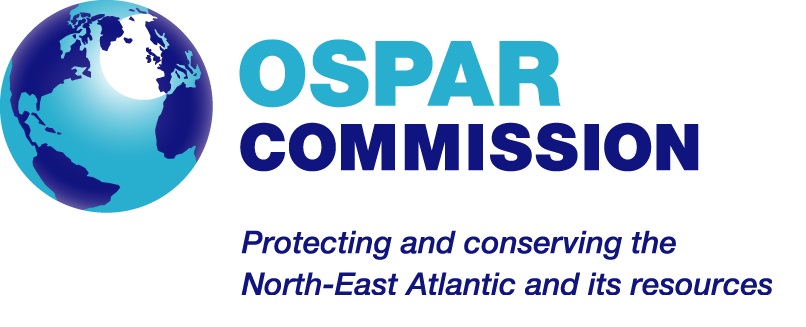Approximately one quarter of the carbon dioxide (CO2) released into the atmosphere as a result of human activity is sequestered in the oceans. One consequence of this additional CO2 is a change in seawater carbonate chemistry, which leads to a reduction in pH via a process known as ocean acidification. Many marine organisms rely of various forms of carbonate for skeletal structures and shells. Ocean acidification reduces the availability of carbonate leading to lower availability for marine life, while a declining pH level produces condition that can erode existing structures.
The Joint ICES/OSPAR Study Group on Ocean Acidification (SGOA) has been formed to develop an ocean acidification monitoring programme for the waters of the OSPAR area. SGOA brings together experts from the disciplines of chemistry, biology, and others to address the challenge of designing a long-term monitoring programme that examines both the biogeochemical changes associated with ocean acidification and the responses of potentially-sensitive marine life.
Co-chaired by Evin McGovern (Ireland) and Mark Benfield (USA), SGOA has now finished its three year term, as of December 2014.



